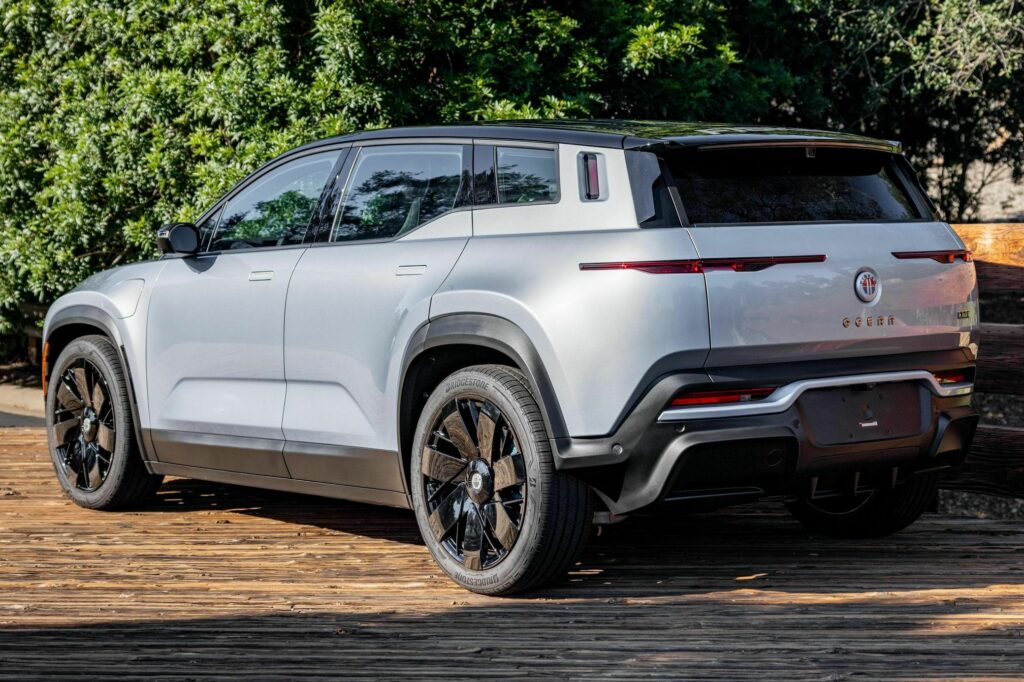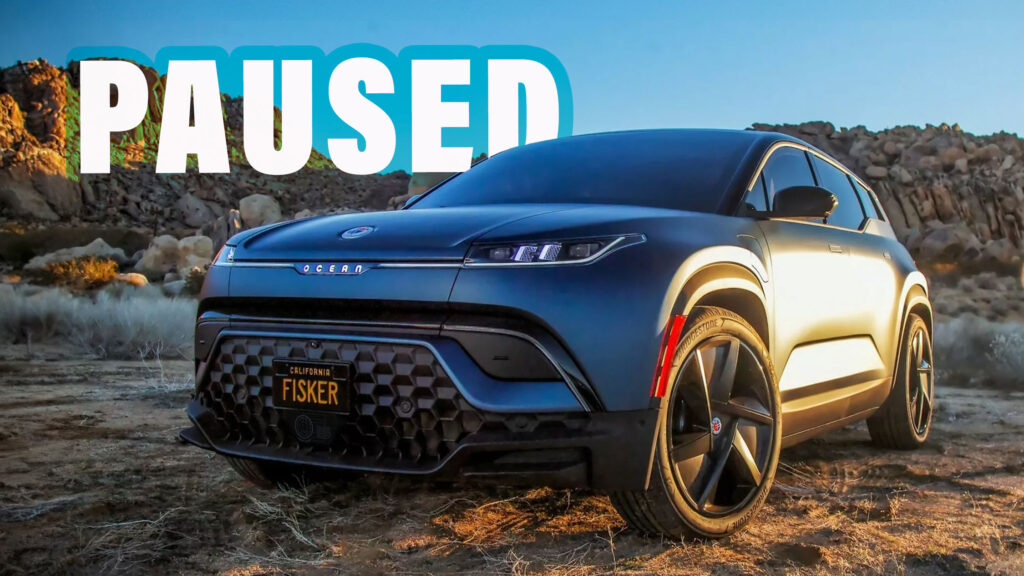Struggling EV startup Fisker has announced it’s pausing production of its Ocean SUV for six weeks and has secured $150 million of investment the company desperately needs. The news comes only days after Fisker revealed it was laying off 15 percent of its workforce, had hired restructuring advisers to plan for bankruptcy, and stated that its entire survival was in jeopardy.
The $150 million injection – provided in four tranches, or installments – won’t be enough to secure the brand’s long-term future, but it could help keep the bankruptcy wolf from the door long enough for Fisker to strike a deal with the large automaker it’s been talking to. Reuters last week named that OEM as Nissan though neither party has confirmed that it’s negotiating with the other.
Fisker says 1,000 Ocean SUVs have been built this year by the firm’s contracted manufacturer, Magna, in Austria. But the line will be idled for a month and a half from March 18 to ‘align inventory levels,’ which is an acknowledgment that the EV market has slowed and Fisker has too many cars to shift. It says it sold 1,300 Oceans globally in the first 2.5 months of 2024 but has 4,700 cars in its inventory, worth a claimed $200 million.
Related: Fisker Stock Crashes 50% On Bankruptcy Talk, EV Startup Says It’s Still Looking For Partner

The U.S.-based startup says it’s still holding talks with the unnamed automaker in the hope of securing either a large investment in the company, a partner to help it develop one or more EV platforms, and possible access to manufacturing in North America. In addition to being hurt by the general downturn in the EV market, Fisker has been hobbled by changes in tax credit rules that mean drivers buying electric vehicles made outside of North America or built using batteries containing materials originating in countries like China, no longer qualify for financial aid.
According to Reuters, Fisker’s $150-million lifeline has been raised through the sale of ‘convertible notes.’ That’s got nothing to do with CEO Henrik promising to make a few custom roadsters for his benefactors and instead means that investors receive a bond that can be converted into a pre-determined number of shares. The firm’s stock, which two years ago was trading for over $12, now stands at $0.16, having halved after news of a potential bankruptcy hit the press.




